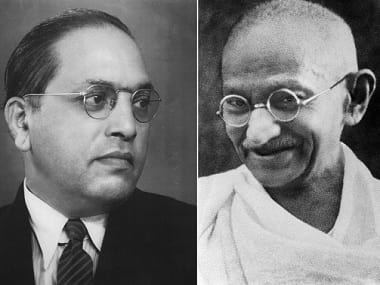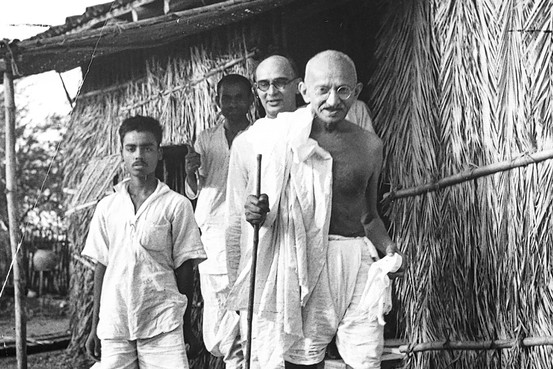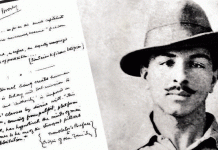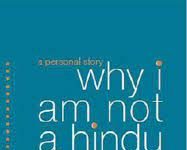On Dr. B.R. Ambedkar’s death anniversary, we invoke the emancipatory thinker not for instrumental political ritualism. Here is two paragraphs from Rajmohan Gandhi’s wonderful book ‘Why Gandhi Still Matters’, and D.R. Nagraj’s illuminating essay ‘Self-Purification vs Self-Respect’ . The idea is to learn from both of them for creating a just society.
A Shared Struggle for Justice
They had their differences and clashes. Stll, history shows that Gandhi and Ambedkar had much in common. Both understood the inevitability of conflict between sections of a diverse and at times sharply divided people. Both agreed, however, that struggle had to be resolute, fearless, passionate but also peaceful, for killing damaged a struggle’s goal.
For Ambedkar, and also for Gandhi, Dalit solidarity, Dalit education and the Dalit vote were weapons far superior to the lathi or the gun; when used by a vulnerable Dalit, the latter only played into the hands of the better armed enemy.
Both realized that the culmination of a struggle for justice was usually negotiation and a settlement rather than surrender by the foe and complete triumph for one’s side. Despite harsh experiences, both knew that the adversary in a struggle, the Other, was a human being too, and that justice seldom endured without reconciliation.
– Rajmohan Gandhi
The Truth of Dynamic Unity
How was Ambedkar transformed By Gandhiji? Babasaheb had always opposed treating the question of untouchability as a religious matter, but after his engagement with Gandhiji, he accepted the primacy of religion in this context. But he did to religion what Gandhiji did to the idea of economic uplift. It is a pattern of acceptance, and altering the same. Likewise, regarding the caste system, Gandhiji had to change his soft approval of it: in the Harijan of 16 November 1935, he simply declared that caste has to go, much to the consternation of his orthodox supporters. He even criticized the cruel restrictions on inter-dining and inter-caste marriage, a refreshing change compared to his earlier vacillation over these issues.
Needless to mention at this stage, both Gandhiji and Ambedkar can and should be made complementary to each other. Surely, such efforts will be met with stiff opposition from hardened ideologues and researchers, and they are bound to unearth fresh evidence to fuel the fire between the two. However, accepting and examining the difference leads to the truth of dynamic unity.
– D.R.Nagraj













